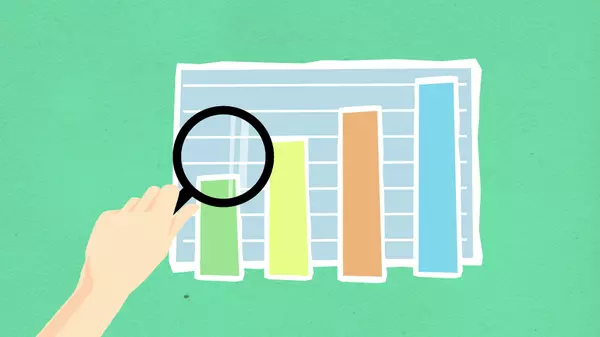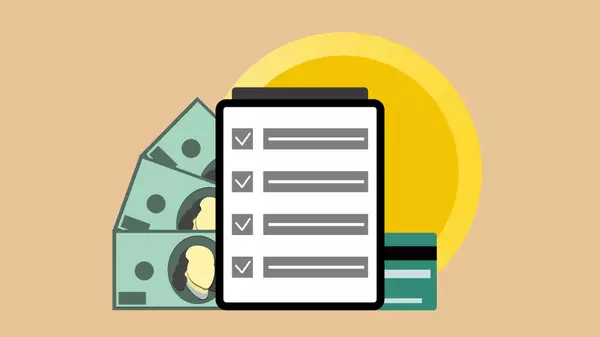The New Anti Flipping Tax

The New Anti Flipping Tax
House flipping has long been a popular investment strategy for real estate enthusiasts looking to make a quick profit. However, the British Columbia (BC) government recently introduced a new measure aimed at curbing this practice – the 20% flipping tax.
Under this new tax, individuals who buy and sell properties within a short period of time will be subject to a tax on their profits. The tax is calculated at 20% of the profit made from the sale and is designed to discourage property speculation and excessive flipping. The goal is to stabilize the housing market and make it more accessible for first-time homebuyers.
To be subject to this tax, individuals must sell a property within two years of purchasing it. This means that investors need to hold onto the property for at least two years before selling it if they want to avoid the tax. The BC government hopes that by implementing this minimum holding period, it will discourage the quick buy-and-sell strategy often employed by flippers.
The introduction of this flipping tax has received mixed responses from the public. Some argue that it is a necessary measure to cool down the hot housing market and prevent speculative activities that drive up prices. They believe that the tax will make it harder for investors to make quick profits, ultimately leading to more affordable homes for residents.
However, others argue that this tax could have unintended consequences. They suggest that it may discourage investors from entering the market altogether, potentially causing a decline in property values. Additionally, some worry that the tax may disproportionately affect smaller investors who rely on flipping properties as a source of income.
Nevertheless, the BC government remains firm in its belief that the flipping tax will help address the housing affordability crisis in the province. They assert that it is a necessary step to protect the interests of residents and ensure a stable and sustainable housing market.
It is important for investors and real estate enthusiasts to stay informed about these new regulations to navigate the market effectively. Understanding the implications of the flipping tax and its impact on investment strategies will be crucial for those involved in the BC real estate market.
In conclusion, the introduction of the 20% flipping tax by the BC government signifies a significant change in the real estate landscape. This measure aims to discourage property speculation by taxing profits made from quick buy-and-sell transactions. While it has garnered both support and opposition, the government believes that this tax will help stabilize the housing market and make homes more affordable for residents. Investors and market participants should stay up to date with these new regulations to ensure they adapt their strategies accordingly.
Categories
Recent Posts










"My job is to find and attract mastery-based agents to the office, protect the culture, and make sure everyone is happy! "
